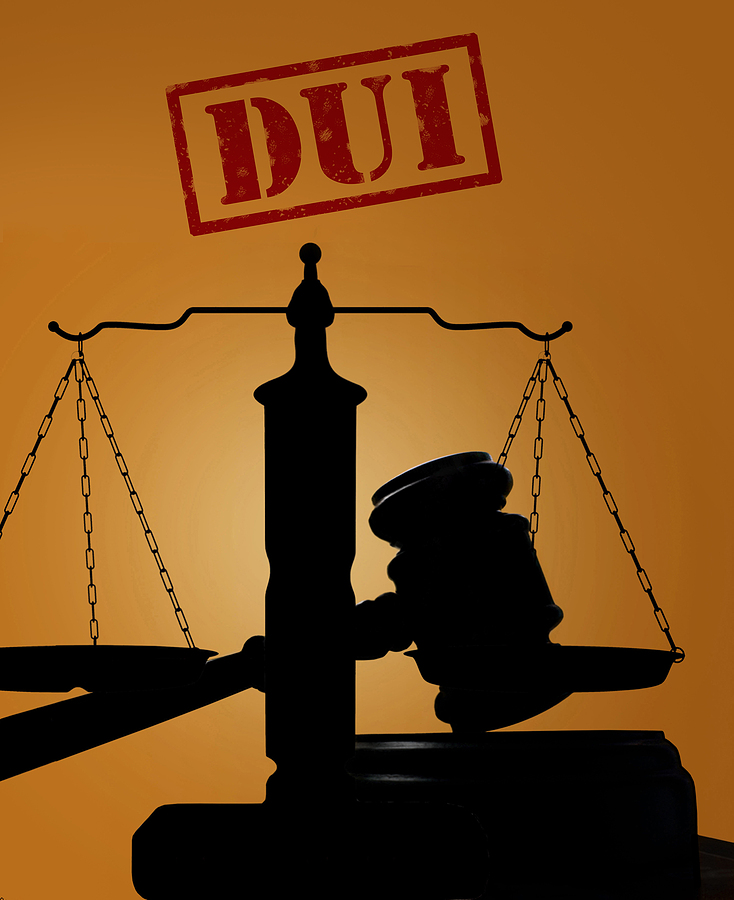When a parent is arrested or jailed, a child’s world is turned upside down. This sudden separation can trigger a cascade of complex emotions, leaving a child feeling lost, scared, and alone. In the United States, approximately 1.5 million children have a parent who is incarcerated, according to the Bureau of Justice Statistics. Each of these children faces a unique and challenging journey.
For the caregivers left to pick up the pieces—whether you are the other parent, a grandparent, or a family friend—providing support during this time is crucial. Understanding how to navigate this difficult period can make a significant difference in a child’s ability to cope and heal. This guide offers practical advice on how to offer emotional support, maintain stability, and find the resources needed to help a child through this trying experience.

Understanding the Child’s Perspective
A parent’s arrest can be a bewildering event for a child. They may not understand what is happening or why their parent is suddenly gone. This confusion often gives way to a range of powerful and conflicting emotions.
Common feelings a child might experience include:
- Shame and Embarrassment: Children may worry about what their friends, teachers, or neighbors will think. They might feel singled out or fear being judged because they have a parent in jail.
- Anger and Resentment: A child might be angry at the arrested parent for their actions, at the other parent, or even at law enforcement. This anger can be a defense mechanism to cope with feelings of helplessness.
- Sadness and Grief: The separation from a parent is a profound loss. Children may experience deep sadness, loneliness, and a sense of abandonment.
- Fear and Anxiety: Worries about the parent’s safety, their own future, and the stability of their family are common. They might have nightmares or become clingy and anxious.
- Guilt: Younger children, in particular, may believe they are somehow to blame for their parent’s arrest. They might think, “If I had been better behaved, this wouldn’t have happened.”
It is essential for caregivers to recognize that these reactions are normal. Acknowledging and validating these feelings is the first step toward helping a child process their experience.
Providing Emotional Support
Your support can be a lifeline for a child navigating the emotional turmoil of having an arrested parent. Open communication and reassurance are key.
How to Talk to the Child
- Choose the Right Setting: Find a quiet, private, and comfortable space where the child feels safe to talk without interruptions.
- Use Age-Appropriate Language: Explain the situation in simple, direct terms that the child can understand. Avoid legal jargon or overwhelming details. For a young child, you might say, “Mommy/Daddy broke a rule and has to be away for a while to fix it.”
- Be Honest (But Gentle): Provide truthful information, but avoid sharing details that could cause unnecessary distress. Lying or hiding the truth can damage trust and lead to more confusion later.
- Listen Actively: Give the child your full attention. Let them express their feelings without judgment. It’s okay if they are angry or upset. Simply being heard can be incredibly healing.
- Validate Their Feelings: Reassure them that their emotions are valid. You can say things like, “It’s okay to feel sad and angry,” or “I understand why you’re worried.”
- Reassure Them of Your Love: Emphasize that they are loved and safe. Crucially, stress that they are not responsible for the parent’s actions.
Maintaining Stability and Routine
In a time of chaos, predictability provides a sense of security. Maintaining a stable daily routine is one of the most effective ways to help a child feel safe.
- Keep Regular Schedules: Stick to consistent times for meals, homework, bedtime, and other daily activities.
- Stay in the Same School: If possible, try to keep the child in their current school. The familiarity of teachers, friends, and the school environment can be a comforting constant.
- Continue Extracurriculars: Encourage the child to continue with sports, clubs, or other activities they enjoy. These outlets provide a sense of normalcy and a way to express themselves.
Get Their Arrested Parent Out of Indiana Jail Tonight ✅
Legal and Practical Considerations
Navigating the legal system can be overwhelming. As a caregiver, you may need to address several practical issues.
Guardianship
If the remaining parent is unable to care for the child, or if a single parent has been incarcerated, you may need to establish temporary guardianship. This legal arrangement grants a responsible adult the authority to make decisions for the child. It is highly recommended to consult with a family law attorney to understand the process for becoming a temporary guardian and to ensure all legal requirements are met.
Visitation Rights
Seeing a parent in jail can be an important way for a child to maintain their bond. However, visitation policies vary widely. It is important to consult with legal professionals to understand the visitation rights and procedures. Preparing the child for what they will see and experience during a visit is also crucial. Books like “When a Parent Goes to Prison” by Dr. De or “When a Parent Goes to Jail: A Comprehensive Guide for Counseling Children of Incarcerated Parents” can be a helpful resource.
Informing the School
Deciding whether to inform the child’s school is a personal choice. However, letting a trusted teacher, counselor, or administrator know about the situation can create a supportive network for the child. School staff can be more understanding of any behavioral changes and provide additional emotional support.
Resources and Support Networks
You are not alone in this journey. Numerous organizations offer support for children and families affected by parental incarceration.
- The National Resource Center on Children and Families of the Incarcerated: This center provides a wealth of information, support, and resources tailored to the unique needs of these families.
- Sesame Street in Communities: This initiative offers videos, storybooks, and activities designed to help young children cope with having a parent in jail. The materials are gentle, age-appropriate, and incredibly helpful.
- Big Brothers Big Sisters: A mentoring program can provide a child with a positive, stable adult role model outside of the family, offering friendship and support during a difficult time.
- Professional Counseling: If a child is struggling to cope, seeking help from a child psychologist or counselor can provide them with a safe space to process their emotions and develop healthy coping strategies.
Supporting Your Child’s Well-Being
Helping a child cope with an arrested parent is a marathon, not a sprint. It requires patience, compassion, and an unwavering commitment to their well-being. By providing a stable environment, open communication, and unconditional love, you can help them navigate this challenging chapter of their life. Remember to seek support for yourself as well, as you cannot pour from an empty cup.
If you need assistance with bail bonds for an arrested parent, our team is here to help you navigate the process quickly and discreetly. Contact us today for 24 hour support in Northern, Central, and Southern Indiana.
Related Post: How to Decide if You Should Bail Your Adult Child Out of Jail









